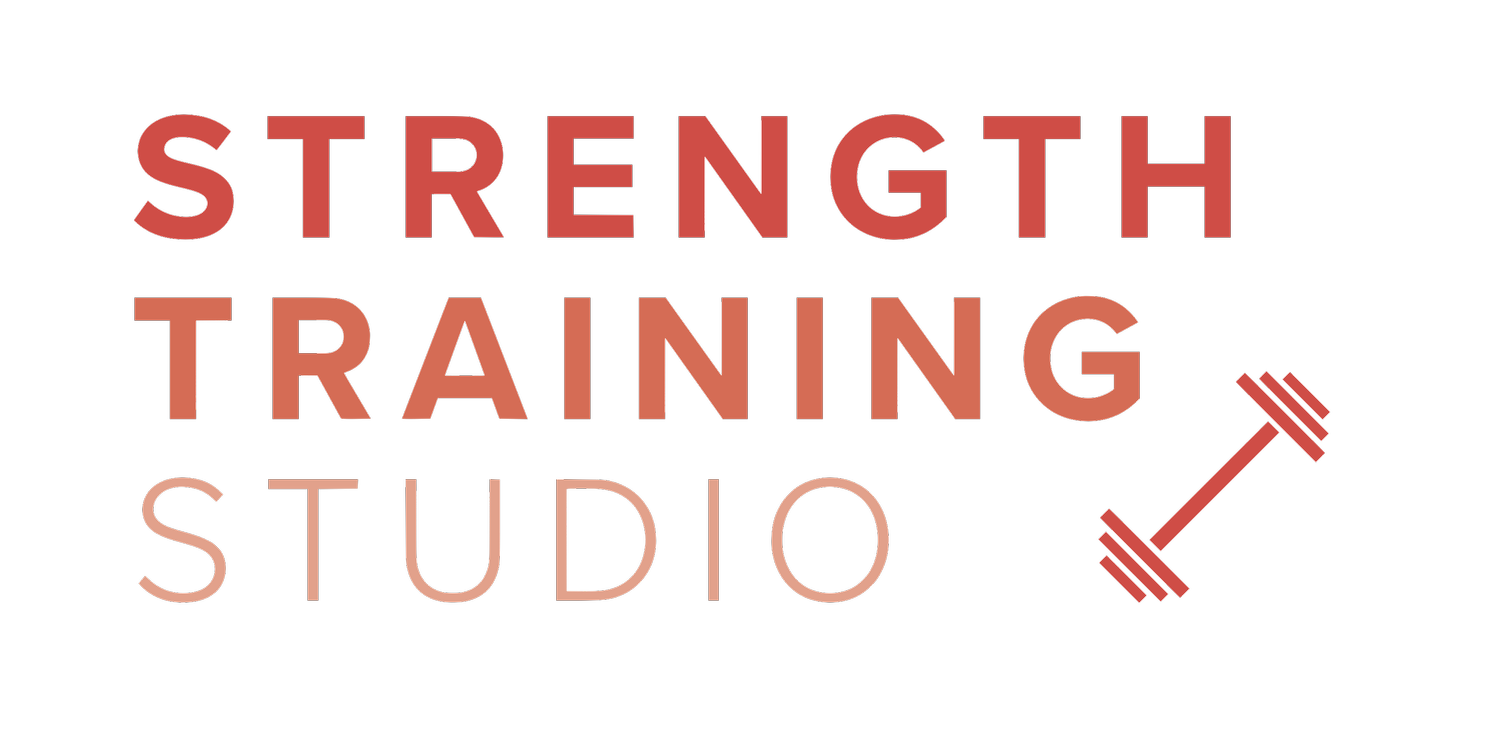Hold on tight!
In New Zealand, up to 1 in 5 individuals are affected with high blood pressure, while on a global scale, around 1.39 billion people are impacted. The implications of high blood pressure (BP) are substantial, as it is a major contributor to heart disease and stroke.
To safeguard your cardiovascular health, maintaining a healthy BP is of utmost importance. Engaging in regular exercise has long been advised as a fundamental element in managing your BP.
Recently, a noteworthy study caught the attention of many through a news article published in the NZ Herald at the beginning of August. Titled "The simple home workouts ‘better for your blood pressure than jogging’", this article delves into a study that suggests isometrics as a highly effective approach for reducing BP.
Isometric resistance training (IRT), characterised by static muscle contractions that generate muscle tension without changing muscle length or joint angle, is the focus of this study. The research examined a broad range of 270 studies encompassing 15,827 participants. Results revealed a notable decrease in resting arterial BP across various exercise modes, except for aerobic interval training. However, the precise mechanisms behind the BP-lowering effects of IRT have yet to be fully understood. The influence of IRT on BP is likely linked to a convergence of various pathways and mechanisms. These include endothelial function, structural adaptations in blood vessels, oxidative stress, and the activity of the autonomic nervous system.
What makes this study intriguing is its challenge to conventional exercise approaches and its provision of evidence for alternative methods. This insight offers the potential for applying this training mode more effectively, as we refine our comprehension of factors like optimal load, duration, rest intervals, and frequency.
Recommendation: If you're looking to manage your blood pressure and enhance your cardiovascular health, consider incorporating isometric resistance training into your exercise routine based on the findings of this study. However, before making any changes to your exercise plan, it's advisable to consult with your healthcare provider to ensure it's suitable for your individual needs and health status.
References:
